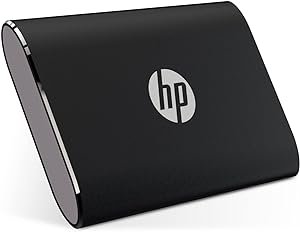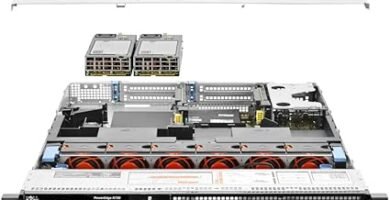
Hard Drive Size: What You Need to Know
The hard drive size refers to the amount of storage space available on a hard drive, typically measured in gigabytes (GB) or terabytes (TB). This size determines how much data you can store, including files, programs, operating systems, and more. Understanding the right hard drive size for your needs is crucial, whether you’re looking to store documents, games, or large media files.
Types of Hard Drives and Their Sizes
- Hard Disk Drives (HDDs):
HDDs are mechanical drives that use spinning disks to read and write data. They offer large storage capacities at relatively low costs. Typical sizes range from 500GB to 20TB, making them ideal for users who need to store a lot of data but don’t require the speed of more modern technologies. - Solid-State Drives (SSDs):
SSDs are faster than HDDs because they use flash memory instead of spinning disks. SSDs are available in smaller sizes but are becoming increasingly common in larger capacities. Common SSD sizes range from 128GB to 4TB, with higher capacities available for professional use. - Hybrid Drives (SSHDs):
These drives combine the large capacity of an HDD with the speed of an SSD by using a small amount of SSD storage to cache frequently accessed data. SSHDs typically come in sizes similar to HDDs, ranging from 500GB to 2TB, but with better performance.
Choosing the Right Hard Drive Size
- For General Users:
If you primarily use your computer for web browsing, document creation, and light media consumption, a hard drive size of 256GB to 512GB is usually sufficient. This allows enough room for the operating system, essential applications, and some media files. - For Gamers:
Modern games can take up 50GB or more of space, especially AAA titles. A 1TB to 2TB drive is typically recommended for gamers to ensure there is enough space for games, updates, and future expansions. - For Content Creators:
Video editors, photographers, and 3D artists often work with large files that require significant storage space. For these users, a drive size of 2TB to 4TB or more is recommended to accommodate large project files and backups. - For Data-Heavy Users:
Users who store large amounts of data, such as media collections, backups, or big data projects, may need 4TB to 10TB or more. External HDDs or NAS (Network Attached Storage) solutions are often used to supplement internal storage.
Hard Drive Size and Performance
It’s important to note that the size of a hard drive isn’t the only factor that affects performance. The type of hard drive (HDD, SSD, SSHD) and its speed (RPM for HDDs, read/write speeds for SSDs) also play critical roles in determining how quickly data can be accessed or transferred.
Conclusion
Choosing the right hard drive size depends on your storage needs. For general users, 256GB to 512GB is often enough, while gamers and content creators may require 1TB to 4TB or more. HDDs offer larger capacities at lower prices, while SSDs provide faster performance but at a higher cost per gigabyte. Understanding your specific requirements will help you select the best hard drive size for your system.







